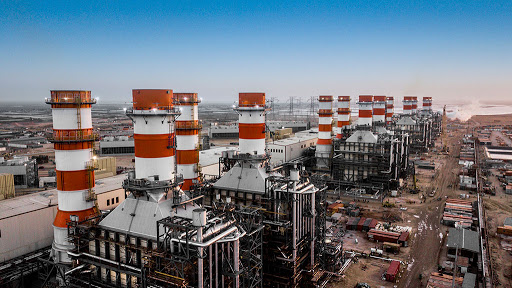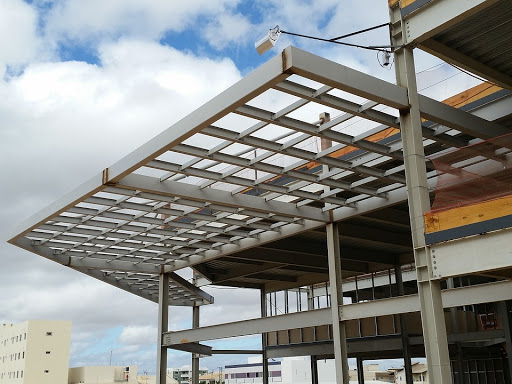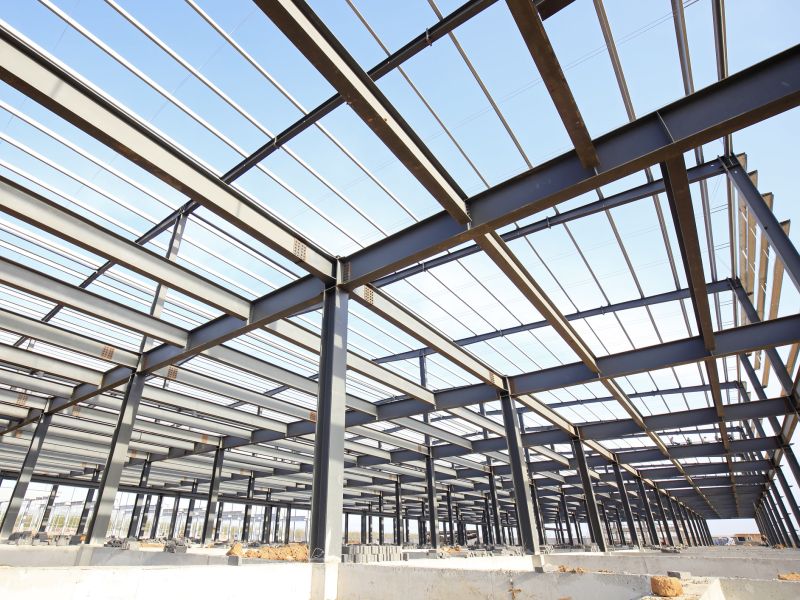.jpg)
.jpg)
By the end of this course delegates will be able to:
Engineers, testing lab technologists and technicians, inspectors, equipment designers, steel manufacturers, distributors, and maintenance personnel who are involved in designing, fabricating, manufacturing, supplying, operating, maintaining, repairing, and inspecting oil field and refinery equipment in sour service by using NACE MR0175/ISO 15156 and MR0103. This course will assist personnel performing API 579 and API 581 evaluations
General Introduction
NACE MR0175/ISO 15156 Part 1
Introduction to Carbon and Alloy Steel Metallurgy
H2S Related Damage Mechanisms
NACE MR0175/ISO 15156 Part 2
Hardness Test Methods and Related ASTM and ISO Standards
NACE MR0175/ISO 15156 Part 3
NACE Test Methods for Sour Service
CSA and API Codes
NACE MR0103
Limitations of MR0175/ISO 15156 and MR0103
CDGA attendance certificate will be issued to all attendees completing minimum of 80% of the total course duration
| Code | Date | Venue | Fees | Register |
|---|---|---|---|---|
| FAC114-02 | 20-04-2026 | Kuala-Lumpur | USD 5950 | |
| FAC114-03 | 26-07-2026 | Dubai | USD 5450 | |
| FAC114-04 | 26-10-2026 | Istanbul | USD 5950 |

Steel and reinforced concrete structures are the most used in industrial sector special in oil and gas field for onshore and offshore. Therefore, the basis of design for concrete and steel structures ...

This course is intended for structural and civil engineers who are interested in the quality control and QA with the most recent non-destructive testing for concrete and steel structure.

Steel and reinforced concrete structures are the most used in industrial sector special in oil and gas field for onshore and offshore. Therefore, the basis of design for concrete and steel structures ...

Steel is the most used construction material in the USA and Europe for industrial buildings, high-rise towers, bridges and other structures. It competes with reinforced concrete in the world because o ...
Providing services with a high quality that are satisfying the requirements
Appling the specifications and legalizations to ensure the quality of service.
Best utilization of resources for continually improving the business activities.
CDGA keen to selects highly technical instructors based on professional field experience
Since CDGA was established, it considered a training partner for world class oil & gas institution
3012, Block 3, 30 Euro Business Park, Little Island, Co. Cork, T45 V220, Ireland
Mon to Fri 09:00 AM to 06:00 PM
Contact Us anytime!
Request Info